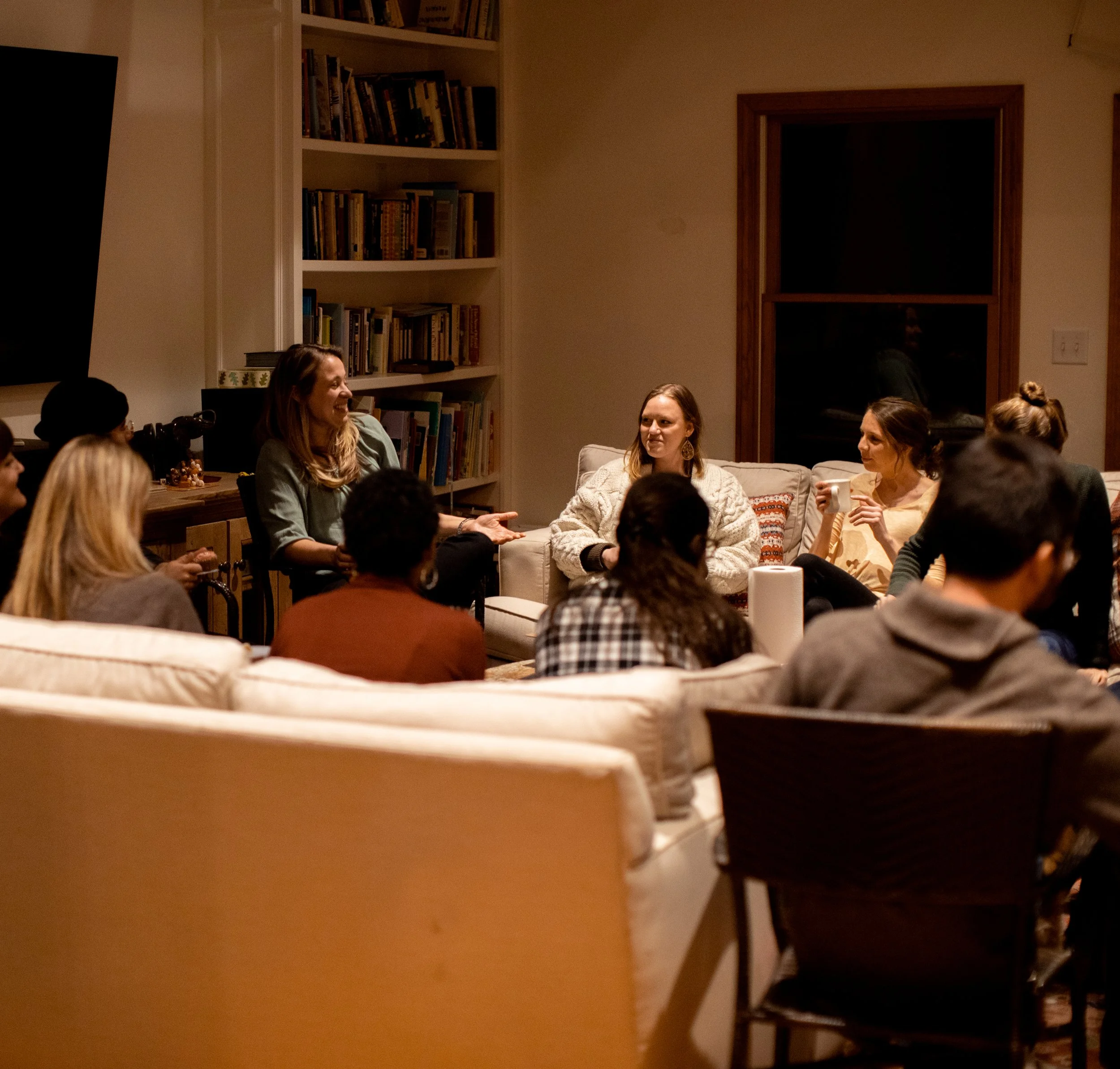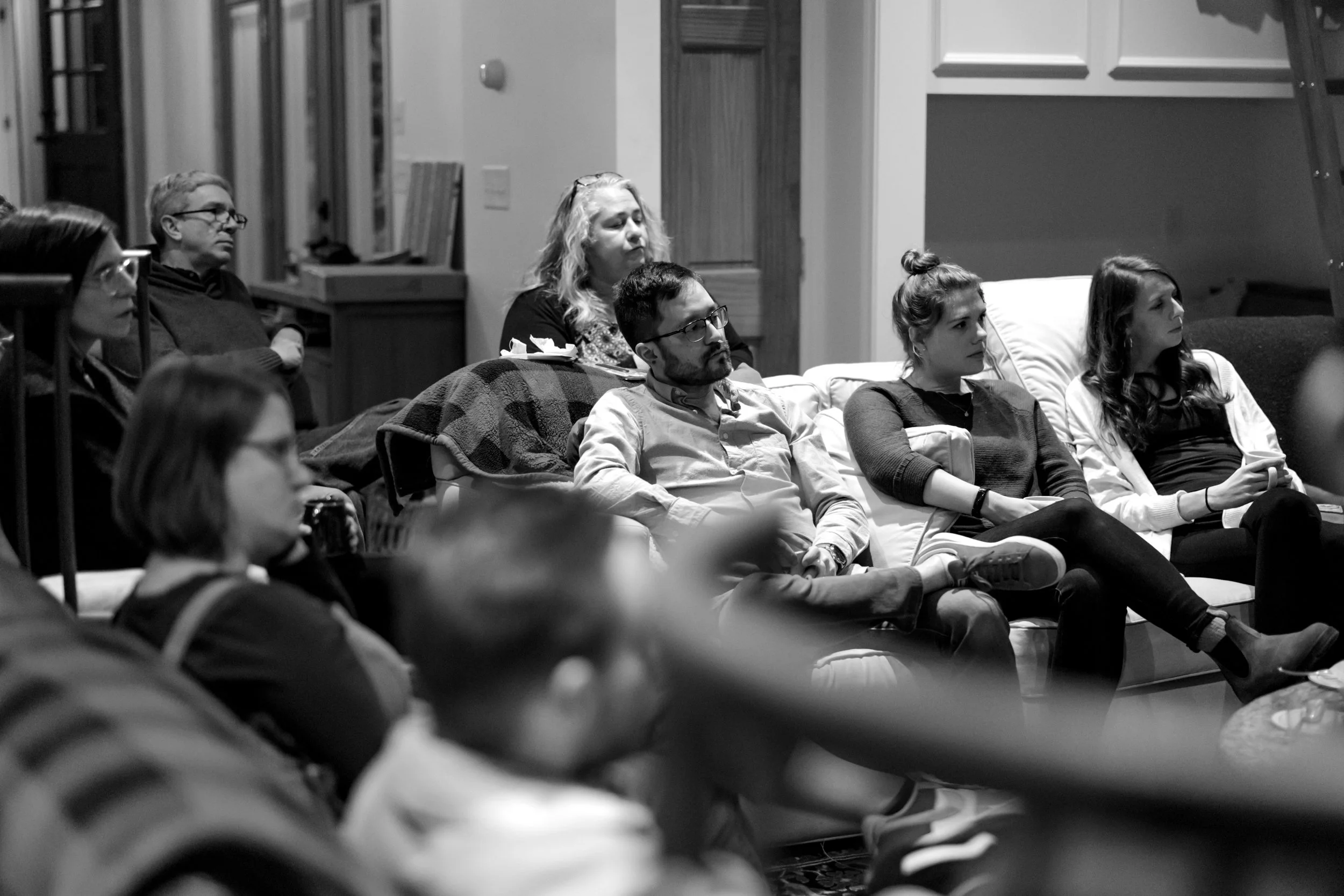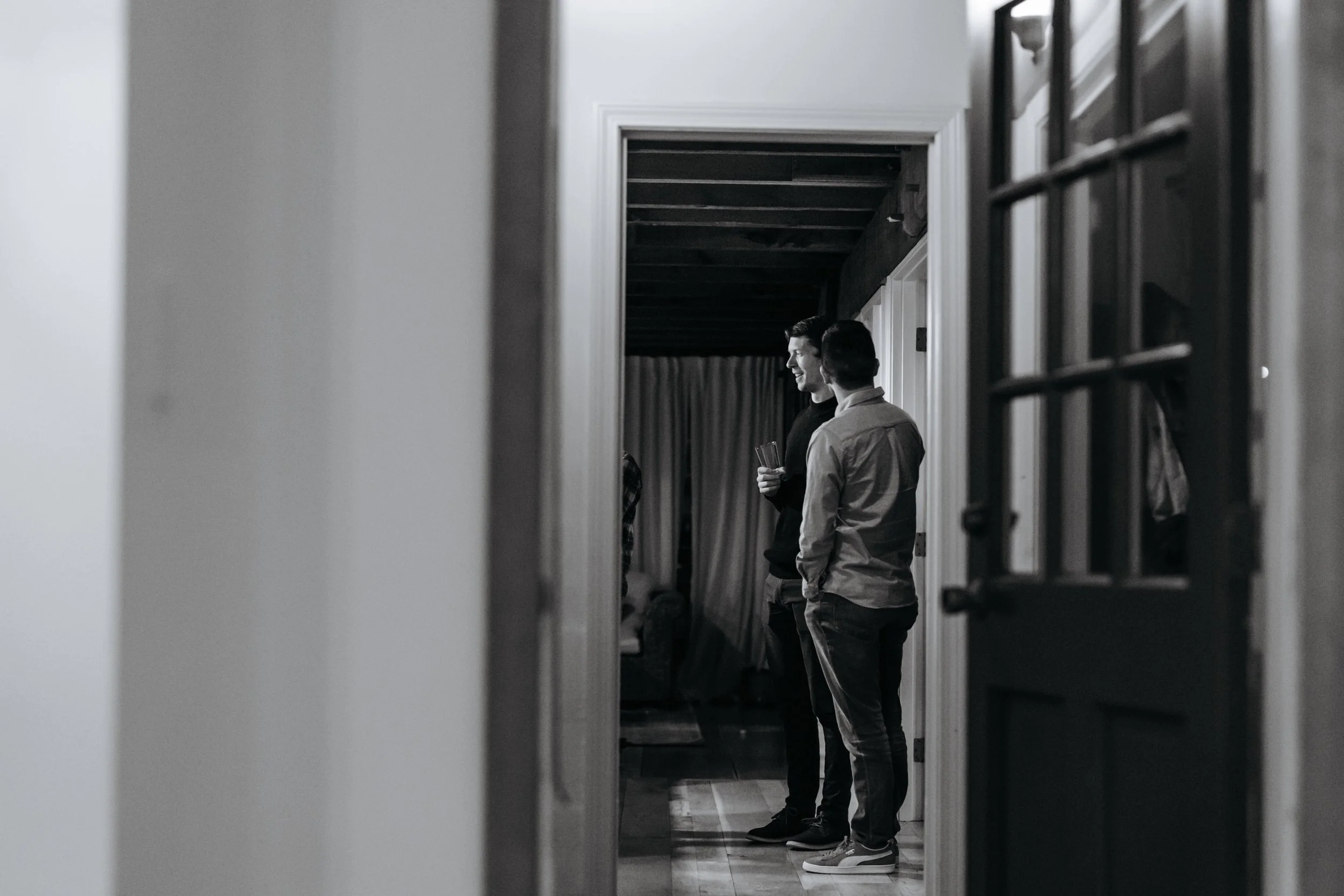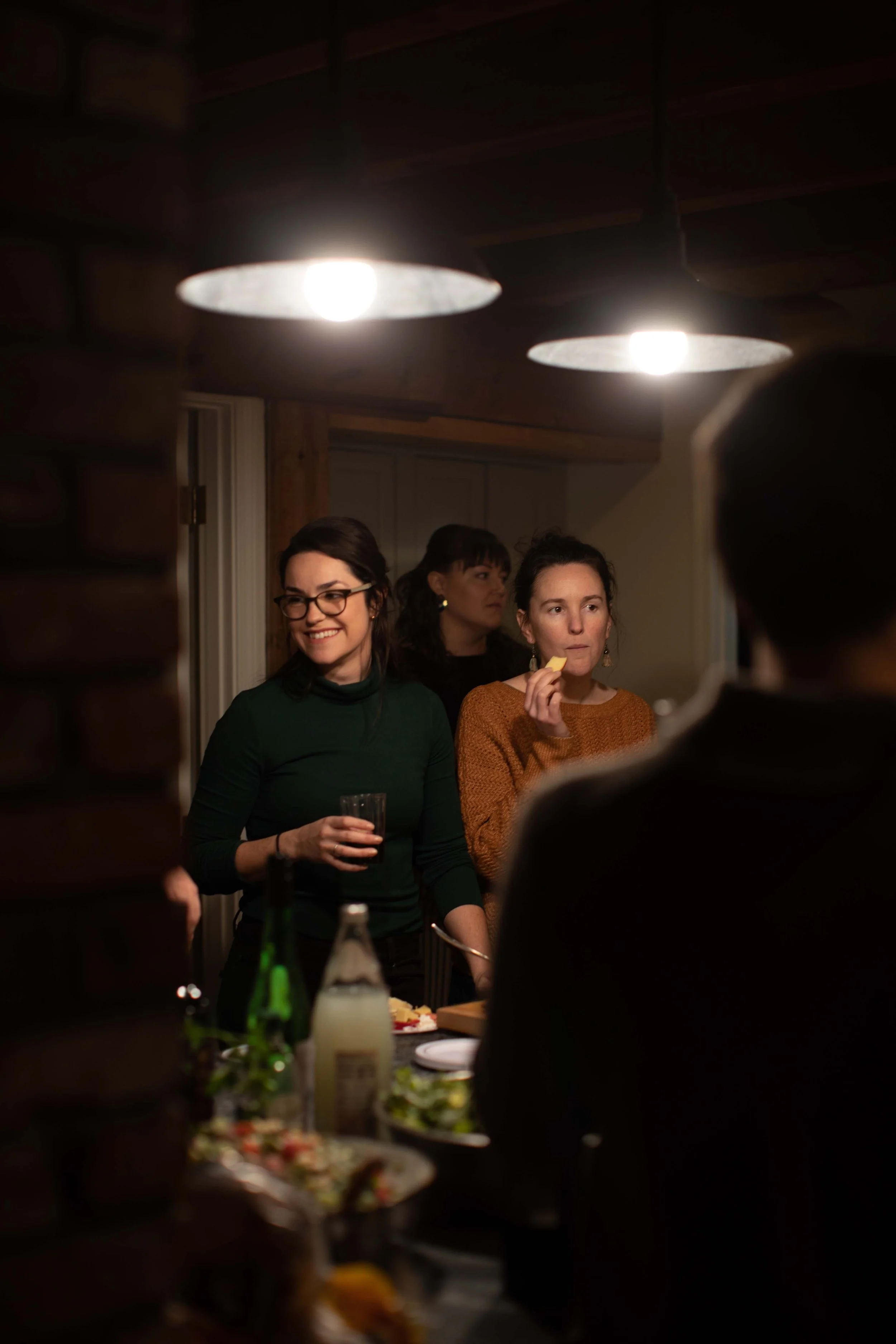
Faith Should Move Us
The way we see it
Let’s face it – the church has seen better days. In 2020, U.S. Church membership fell below majority for the first time. Now, less than half of Americans identify as Christian.
For some, the less than half is simply a numbers problem that we can fix through church growth strategies. But the problem is deeper than that. The problem is we’ve forgotten how to love. We think the gospel is good news for everybody and we want to find a new way forward.
Perhaps you’ve felt this on a personal level. Maybe you’ve experienced Christians who have failed to love like Christ. Maybe you have walked away.
Or maybe you have seen friend after friend walk away from the faith, proudly proclaiming on Instagram their newfound freedom apart from the confines of organized religion. We get that too. It breaks our hearts to see so many leave Christianity because the leaders, institutions, or paradigms have been so bad.
Or maybe you are simply grasping for something solid to hold onto as the world crumbles around you. In this rapidly changing and increasingly cynical world, what does a fallible institution like the church made up of broken people like you and me have to say about goodness, truth, and beauty?
We have the tenacity to claim, in 2022, that the Christian faith still has something to say. The church as we know it is dead. But what is dead can come back to life.

“We are in a time of transition from one prevailing paradigm in theological education to another.”
— Theological Education, Volume 51, Number 2 (2018): 1–9
We don’t need a deconstruction,
but we desperately need a renovation.
While we believe the foundations of the Christian faith are good, we need a new paradigm for an increasingly complex world.
That new paradigm is micro-communities. These cohorts of 12-16 people are the laboratories of public theology. Instead of a traditional classroom model, these communities afford us a safe space to:
Reform the traditional educational model. Instead of lectures, papers, and exams, we see real learning happen when a safe space is created where you can ask difficult questions, guided by trained theologians as you work through real questions of faith.
Reform the way we see the Christian learner. We see students as more than brains-on-sticks needing information. We see whole human persons, created by God, needing love, affirmation, beauty, and challenged to integrate theology into their lived experience.
Offer real help in a crisis of faith. Questions of life and faith might take you to places you aren’t prepared to go. We care for souls by guiding people as they honestly wrestle with the thorny challenges of life.
Train the church to speak outside of itself. In today’s complex world, Christians struggle to have real dialogue with non-Christian friends and neighbors about the truths of God. We build frameworks to help Christians winsomely engage with the secular world.
What we do
Courses
We offer on-site, customizable courses in Christian doctrine that integrate the mind and heart. Courses are always open to the public.
Fellowships
Micro-communities committed to theological formation, spiritual formation, and each other. The flagship Kinisi Scholars Fellowship is designed for 12 people who desire to think deeply about the Christian faith and how it integrates with 21st century life.
Resources
Explore our recorded content from previous courses, webinars, and browse our collective writings. Browse our library of resources.
How we do it.
Today’s issues need yesterday’s faith, but not yesterday’s answers. We believe wholeheartedly in the core teaching of the Christian tradition, but we think how we do theological education needs to be reimagined. We’re training you to think for tomorrow.
Learn from the whole body, not just a western expression of faith. We draw from the diverse teachings of the global church in our readings and our teaching affiliates.
We need new training models for an increasingly complex world. While historic Christian teaching is our foundation, we need to re-arrange the furniture to make room for thought and practice in today’s current reality. We rely on Christian frameworks to be our guide as we renovate our interior life.
Theology must be worked out in practice. Theology trapped in the academy does the world no good. We guide people by walking alongside them through on-the-ground theological challenges. We aim to train how to think with nuance, charity, and humility.
Our Name
“Which is easier: to say to this paralyzed man, ‘Your sins are forgiven,’ or to say, ‘Get up, take your mat and walk’?” (Mark 2:9)
The name Kinisi is derived from the Greek word meaning movement, a concept central to our mission. Is Christianity defined by ascribing to a set of beliefs, or is it a whole life lived in obedience to God? We believe it is the latter. We exist to help Christians get up and walk in the world. Accepting Jesus as savior – forgiveness of sins – is only the first step. We need to learn how to get up, pick up our mats, and walk in the world.












